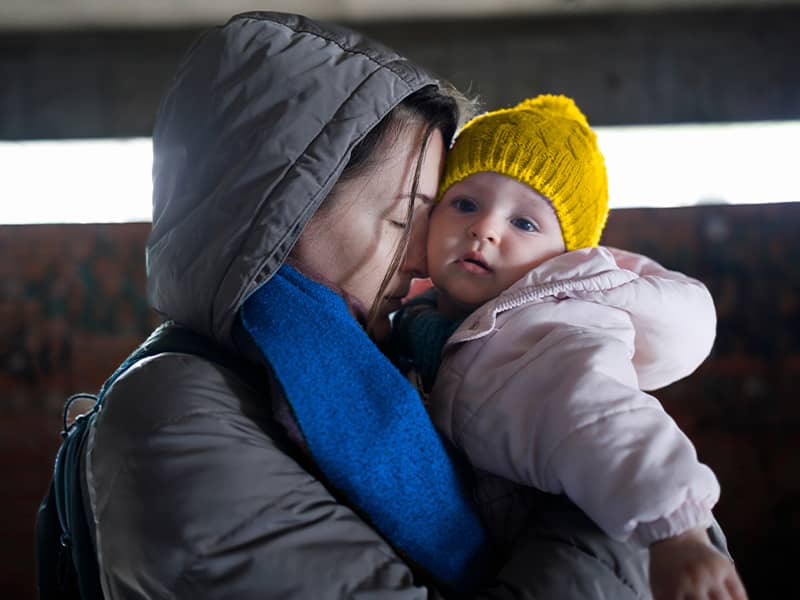``This trial has created problems for the whole Jewish community in Iran,'' Haroun Yashayaii, head of Iran's Jewish society, said outside the courthouse as proceedings resumed in the southern city of Shiraz.
Many in Iran's 25,000-strong Jewish community have described being socially isolated since state television broadcast footage showing two of the defendants confessing. School children are treating Jewish classmates with contempt, and some adults have stopped going to work out of fear or shame.
``I have documents showing that several shops owned by Jews were attacked, and one was set on fire in Tehran,'' Yashayaii said. Police confirmed the arson attack, he said, but gave no other details.
The trial Wednesday focused on testing inconsistencies in the defendants' confessions, defense lawyer Esmail Naseri said. Eight of the defendants have confessed to spying for Israel, and six were in court Wednesday, face to face for the first time since the trial began.
But in court the suspects could not account for the incongruities, Naseri said. ``Every time we pointed out an inconsistency to the defendant, he would say, `I can't explain it.'''
Asked if he thought the defendants had been forced to confess and had been told by Iranian authorities what to say, Naseri said: ``I don't know. This is very strange.''
Yashayaii said those who had confessed should undergo psychological examinations ``to determine if the defendants even know what they are saying. I don't believe a word they have said in their confessions.''
Naseri said that any confessions made after 15 months in jail could not be considered valid because of the psychological pressure.
Israel has denied the spying charges, and U.S. Secretary of State Madeleine Albright has warned Iran that the trial's outcome could have international repercussions.
The state's case is based almost entirely on the eight confessions, but defense lawyers say prosecutors must show that secret information damaging to Iran actually changed hands.
Naseri again criticized the closed court, where Judge Sadeq Nourani also acts as prosecutor and jury.
``I don't blame the judge, I blame the primitive and reactionary law that allows the revolutionary courts, where the judge is equivalent to God. Nobody can touch him, nobody has any control,'' said Naseri, a former revolutionary court judge.
The six who appeared in court Wednesday were Dani Tefilin, Shahrokh Paknahad, Javid Bent-Yacoub, Farhad Seleh and brothers Farzad and Farhad Kashi. Tefilin's and Paknahad's confessions were shown on television.
Three defendants who were out on bail since February pleaded innocent in court Monday. One other jailed man pleaded innocent, and one admitting passing secret information to Israel, but only out of religious conviction.
Iranian Jews numbered 80,000 before the 1979 Islamic revolution, and still constitute the largest Jewish community in the Middle East outside Israel. They are generally allowed to practice their religion freely, but cannot travel to or have any contact with Iran's arch foe, Israel.

